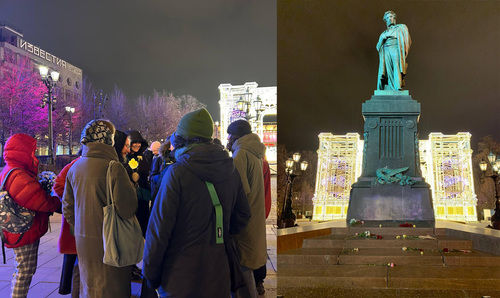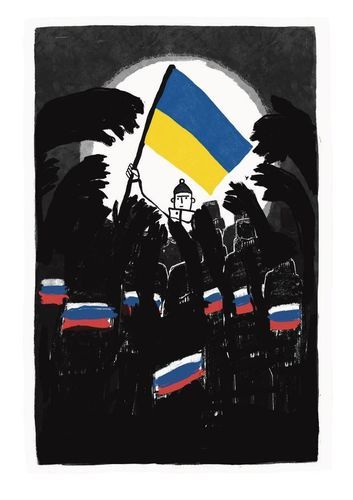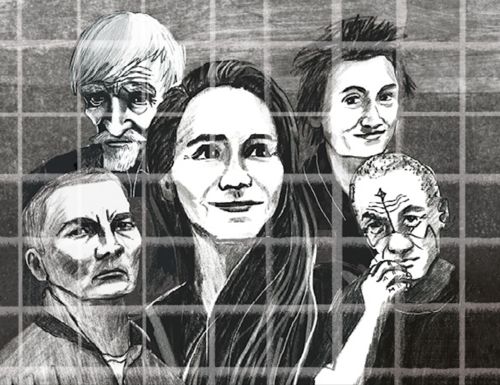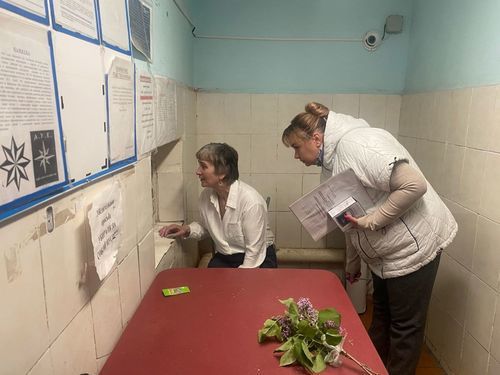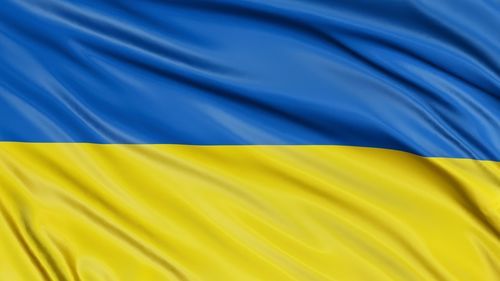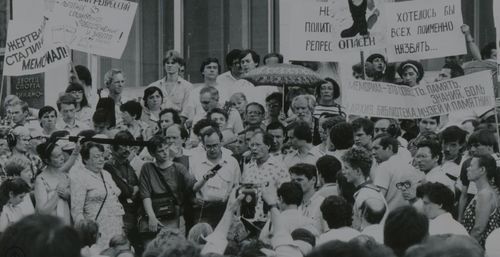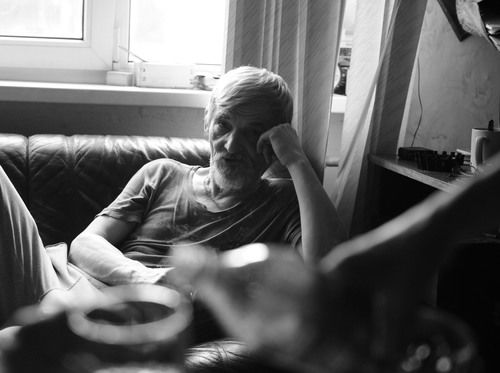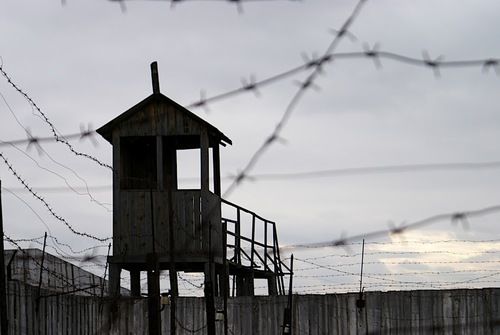What awaits Russia after Putin? And is there any chance that the country will embark on a democratic path? Experts, journalists and lawyers will debate the future of Russian society and how it can be influenced today in November at a series of discussions organized by the organization Gulag.cz and the Memorial Human Rights Defence Centre. The meetings will take place at universities in Prague, Brno and Olomouc. Among the guests will be the authors of the project "100 Days After Putin" Grigoriy Vajpan, Nikolai Bobrinsky and Gleb Boguš from Russia. The European context will be supplemented by former Czech Television correspondent in Russia Miroslav Karas and political scientist Prof. Jan Holzer.
A change of political regime in Russia is inevitable from the perspective of history and current developments. When and under what circumstances it will occur and what path Russia will take in the future is still very difficult to predict. However, it is clear that when Vladimir Putin's term in power ends, Russia may have a chance to embark on a democratic path. This opportunity will probably last only a very short time. Russian civil society and Europe should be prepared for this moment. Whether we like it or not, the situation in Russia significantly affects the geopolitical development of the world, and a change of regime there will concern us all.
That is why Russian lawyers working with the Memorial Human Rights Defence Centre have prepared a package of the most urgent legal regulations that will need to be adopted within the first hundred days after the fall of the Putin regime. Their main purpose will be to restore constitutional order in Russia and achieve a just and sustainable peace. These are proposals for new laws regulating the investigation of war crimes and other cases of human rights violations. An important part is also the vetting of persons in high positions in repressive structures and people responsible for state persecution. At the same time, the reform of state institutions and the creation of conditions for truly democratic elections are not neglected.
We still don’t see the light at the end of the tunnel – war is raging around us and the repressive apparatus is working at full speed. Nevertheless, it is necessary to think about the future now, because no one knows when the opportunity for change will arise. Let’s remember the Soviet Union in the 1980s: there was a war in Afghanistan, dissidents were imprisoned or expelled from the country, the system seemed eternal – until it suddenly quickly collapsed. The window of opportunity for change then lasted only four months, says the project’s co-author, lawyer Grigoriy Vajpan.
Are such changes even real in Russia? What conditions must exist in order to consider the path of democratic development? What can we do now? And why should the Czech public be interested in this?
A series of debates entitled “100 Days After Putin” will seek answers to these questions on November 25th from 6:00 PM in Olomouc at the Faculty of Arts of Palacký University (Křížkovského 12, auditorium Václava Havla, no. 2.03), November 26th from 6:00 PM in Brno at the Faculty of Social Studies of Masaryk University (Joštova 10, auditorium) and November 27th from 7:00 PM in Prague at the Faculty of Arts of Charles University (nám. Jana Palacha 2, auditorium 104). The event is intended for the general public and admission to the debates is free.
The co-authors of the project of the same name “100 Days After Putin”, lawyers Grigorij Vajpan, Nikolaj Bobrinskij and Gleb Boguš will discuss these questions. The European context will be supplemented at the events in Prague and Olomouc by Miroslav Karas, a long-time foreign correspondent for Czech Television in Russia. The guest of the debate in Brno will be Prof. Jan Holzer from the Department of Political Science, Faculty of Social Studies, Masaryk University. The debates will be moderated by journalist Tereza Engelová.
The event is organized by the Gulag.cz organization in cooperation with the Memorial Human Rights Defence Centre, the Faculty of Arts of Charles University, the Faculty of Arts of Palacký University in Olomouc, and the Faculty of Social Studies of Masaryk University in Brno. In 2024, the project "100 Days After Putin" was first presented in Paris and in spring 2025 in Berlin.

.%20Foto%20David%20Frenkel%20(Mediazona).jpg)
.%20Foto%20David%20Frenkel%20(Mediazona).jpg)
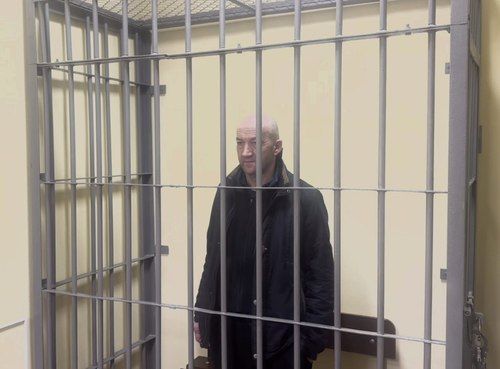

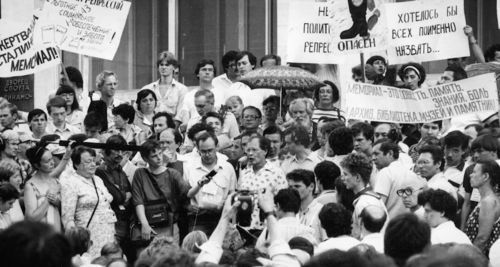

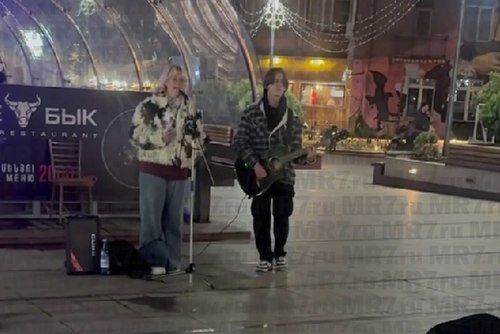
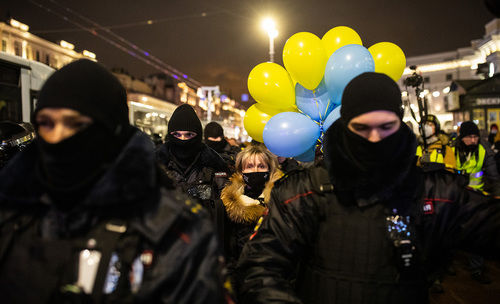
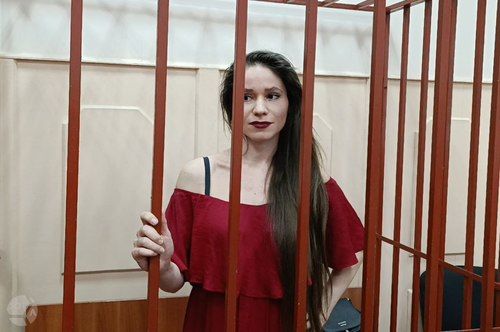
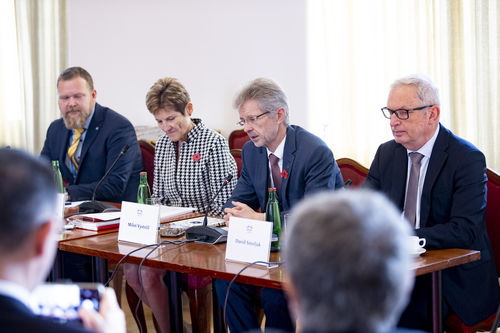
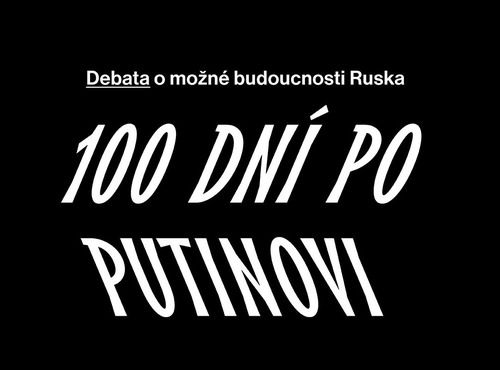
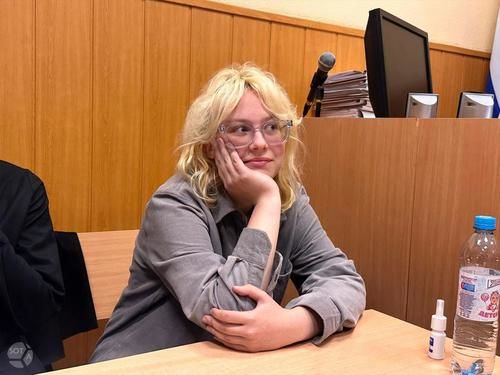
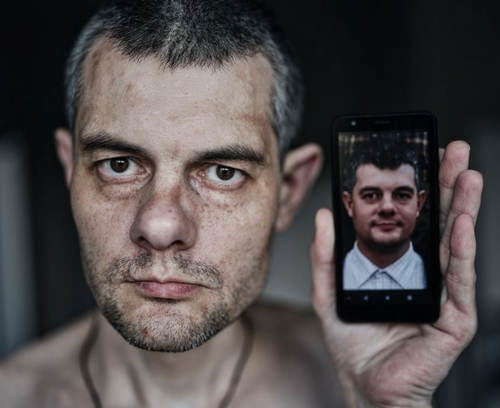
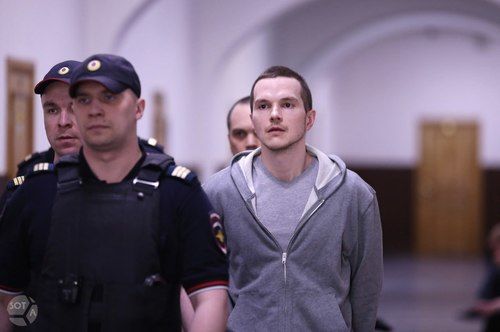
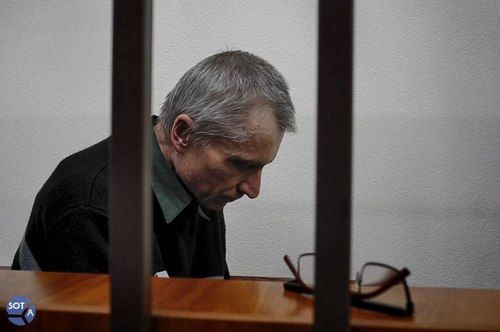
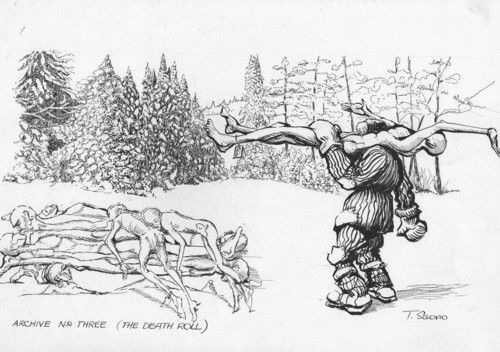
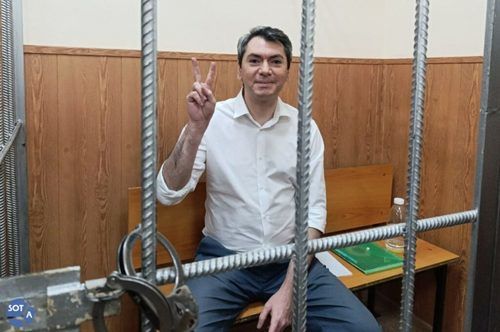
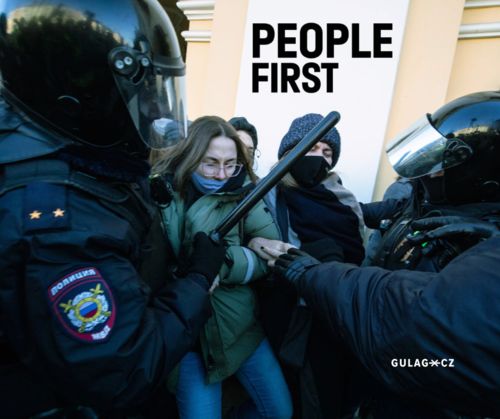
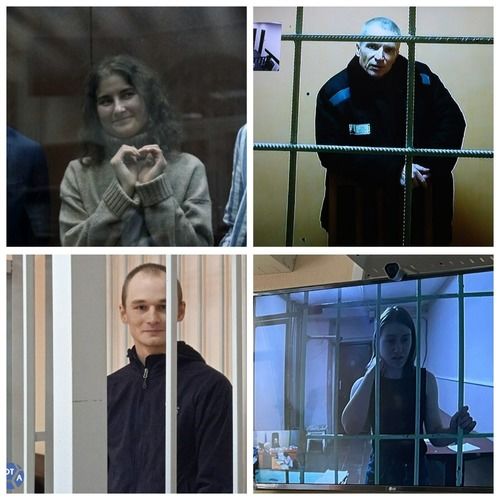
.jpg)
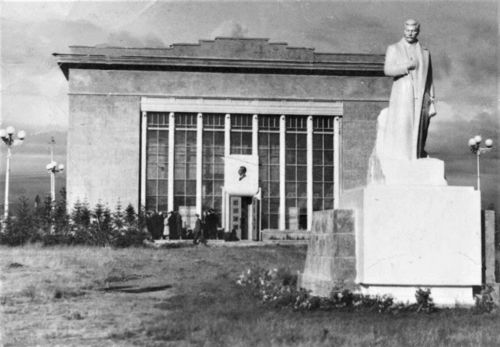

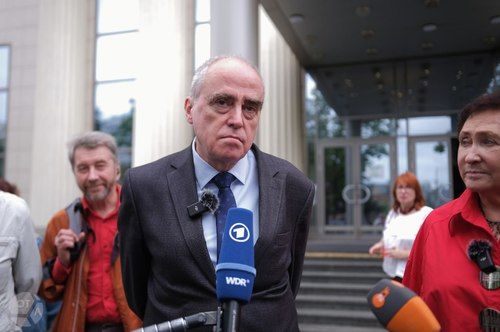
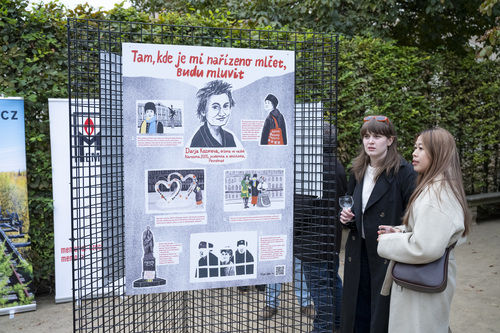
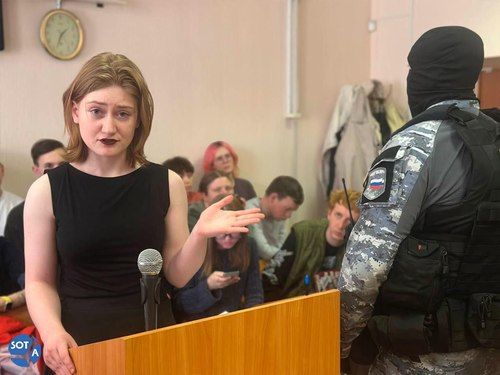

.jpg)
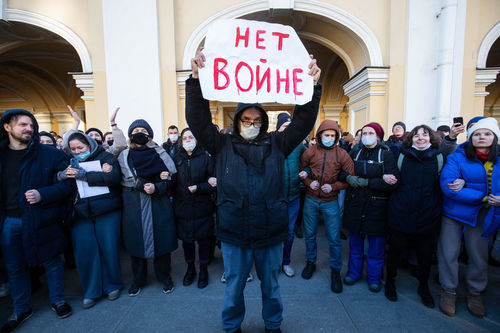
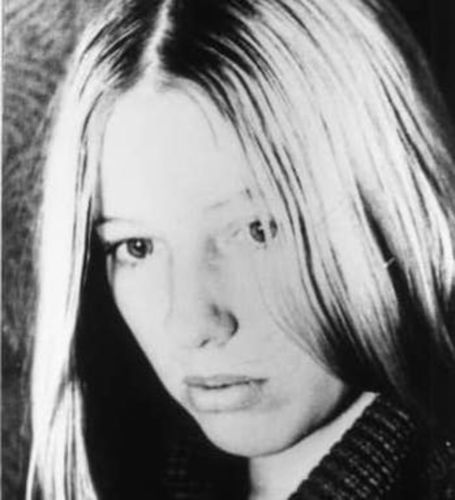

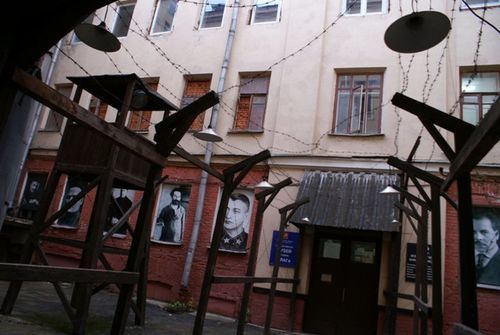
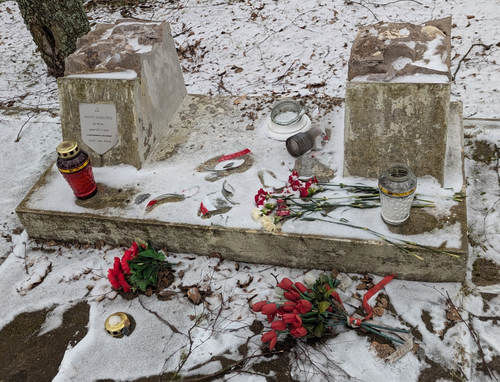



.jpg)
